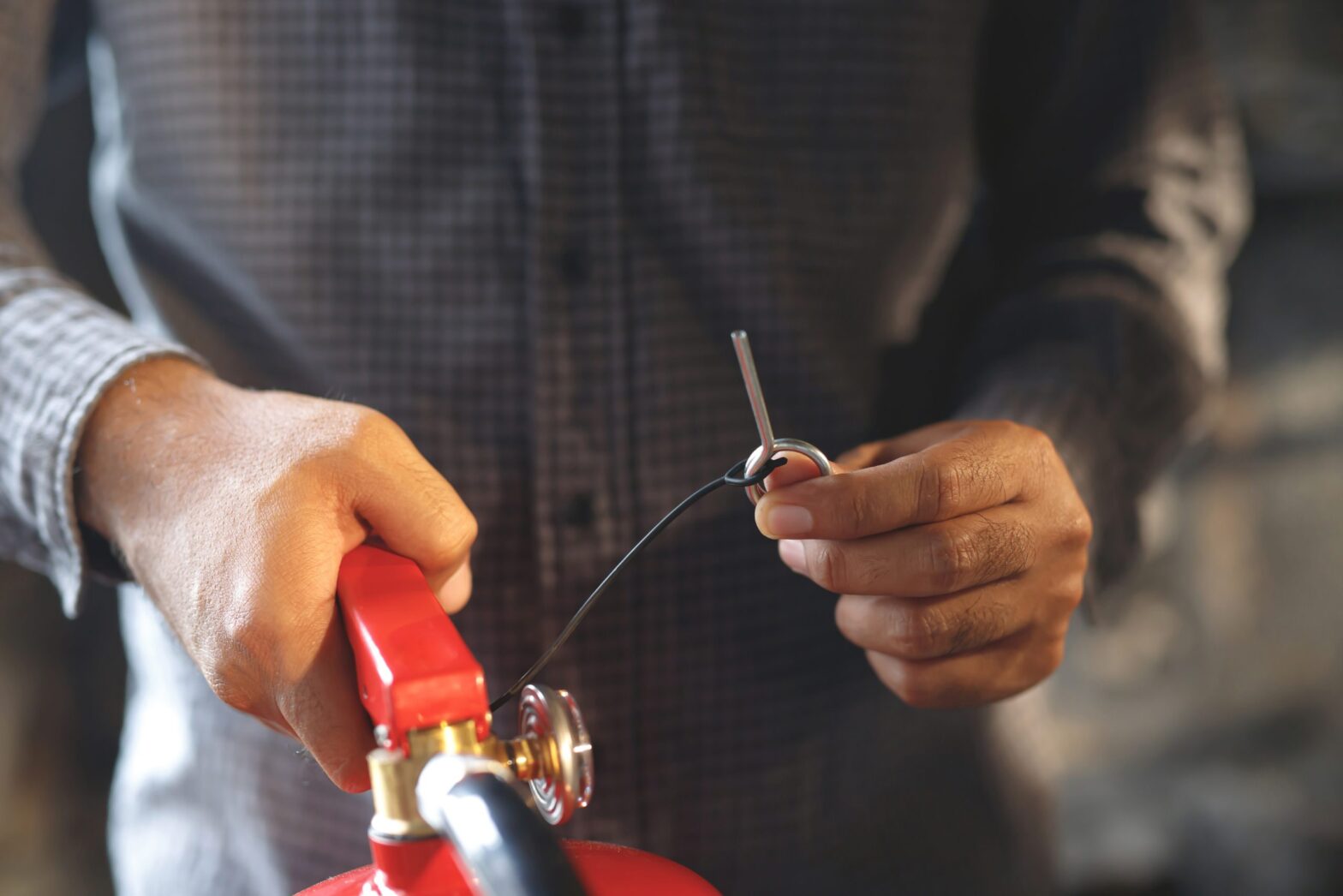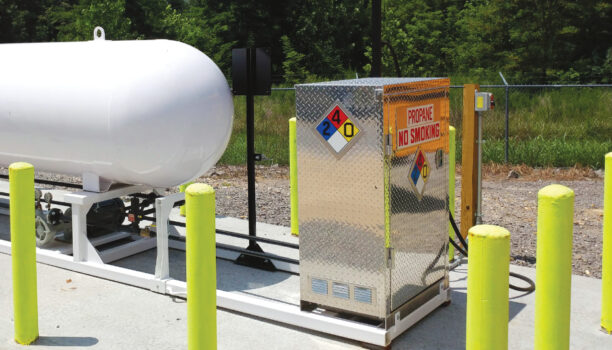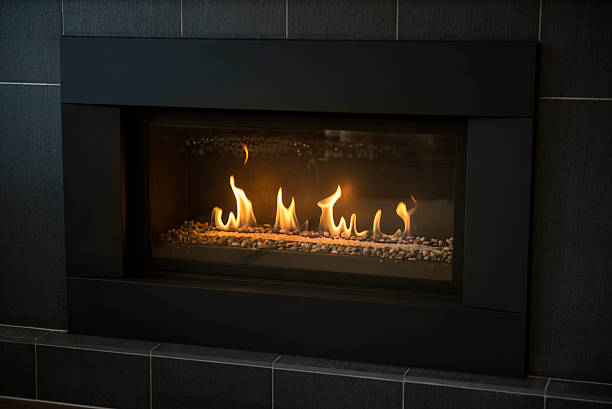Are Misconceptions About Propane Safety Holding Your Customers Back?
Propane is a popular fuel source that is widely used across many sectors, yet misconceptions about its safety can cause unnecessary concern. Here, we address the most common myths about propane and provide accurate information to ensure that your customers can feel confident using and handling this particular fuel. Myth: Propane Tanks Are Prone to… Continue reading Are Misconceptions About Propane Safety Holding Your Customers Back?
Propane is a popular fuel source that is widely used across many sectors, yet misconceptions about its safety can cause unnecessary concern. Here, we address the most common myths about propane and provide accurate information to ensure that your customers can feel confident using and handling this particular fuel.
Myth: Propane Tanks Are Prone to Explosions
One of the most persistent myths is that propane tanks can quickly explode. In reality, propane tanks are designed with multiple safety features to prevent this. They are made from durable materials, including pressure relief valves and overfill protection devices. Regular maintenance and proper handling of propane tanks will further reduce any risk.
Myth: Propane Is More Dangerous Than Other Fuels
Some believe propane is inherently more dangerous than other fuel sources such as natural gas or electricity. However, propane has an excellent safety record when used correctly. Propane is non-toxic, doesn’t contaminate groundwater, and produces fewer emissions than other fossil fuels. Proper installation and usage make propane as safe, if not safer, than other energy options.
Myth: Propane Leaks Are Hard to Detect
Because many people think that propane is odorless, there’s a misconception that propane leaks are difficult to detect. However, propane has a distinct odor, often described as similar to rotten eggs, which is explicitly added to make leaks easy to detect. If you smell propane, it’s a clear sign to turn off the propane supply and contact your propane provider or emergency services.
Myth: Propane Can’t Be Used in Cold Weather
Some believe that propane is ineffective in cold weather. The truth is, propane can be used efficiently even in freezing temperatures. Propane tanks should be adequately insulated and maintained to ensure that the fuel remains usable. Many homeowners and businesses rely on propane for heating during winter months, proving its reliability in cold climates.
Myth: Propane Appliances Are Less Safe
Another myth is that propane appliances like stoves and heaters are less safe than their electric or natural gas counterparts. What people are often unaware of is that propane appliances undergo rigorous testing and must meet strict safety standards before they are sold. When installed and maintained correctly, propane appliances are very safe and efficient.
Ensuring Safe Usage
Understanding how to use propane safely can alleviate many of these concerns. Here are some tips to ensure safe propane usage:
• Regular Inspections: A qualified technician schedules regular inspections of your propane system and appliances. This helps identify and address any potential issues before they become serious problems.
• Proper Installation: Always have propane appliances and systems installed by licensed professionals. Correct installation is crucial for safety and efficiency.
• Education and Awareness: Educate yourself and others about propane safety. Knowing how to handle propane and what to do in case of a leak or other emergency can prevent accidents.
• Emergency Preparedness: Have a clear plan in place for handling propane emergencies. Ensure everyone in your household or business knows what to do if they smell propane or suspect a leak.
Addressing these misconceptions and communicating propane safety facts can help your customers confidently use this versatile fuel. Propane is a reliable, efficient, and safe energy source when handled and maintained correctly. By staying informed and proactive about safety measures, your customers can enjoy propane’s many benefits for years to come without unnecessary worry.



